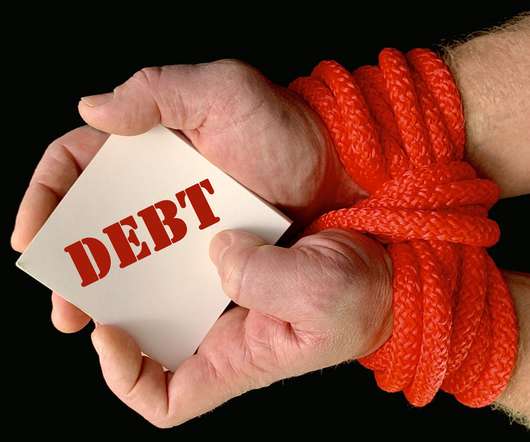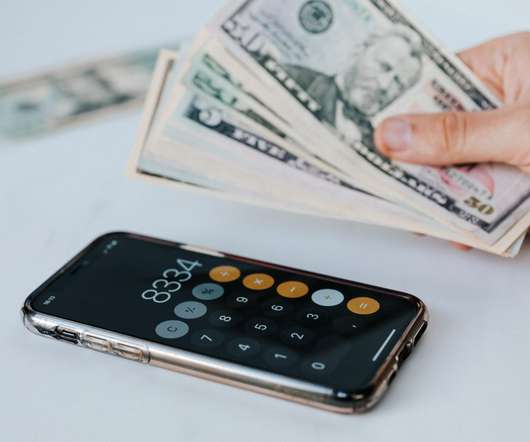Who Can Declare Chapter 7 Bankruptcy?
Sawin & Shea
JANUARY 18, 2023
Chapter 7 is the most common form of bankruptcy for individuals and families, and it allows you to discharge many of your unsecured debts within only a few months. Chapter 7 bankruptcy is a form of personal bankruptcy that liquidates filers’ assets to discharge qualifying unsecured debts.




















Let's personalize your content